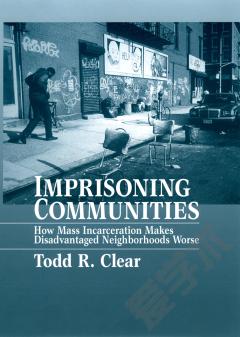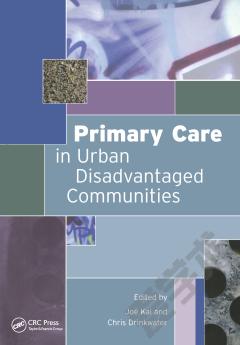A Neighborhood Divided —— Community Resistance to an AIDS Care Facility
----- 社区划分:社区对艾滋病护理设施的抵抗
When a nursing facility for AIDS patients is planned for a city neighborhood, residents might be expected to respond, "Not in my backyard." But, as Jane Balin recounts in A Neighborhood Divided, when that community is known for its racial and ethnic diversity and liberal attitudes, public reaction becomes less predictable and in many ways more important to comprehend.An ethnographer who spent two years talking with inhabitants of a progressive neighborhood facing this prospect, Jane Balin demonstrates that the controversy divided residents in surprising ways. She discovered that those most strongly opposed to the facility lived furthest away, that families with young children were evenly represented in the two camps, and that African Americans followed a Jewish community leader in opposing the home while dismissing their own minister's support of it. By viewing each side sympathetically and allowing participants to express their true feelings about AIDS, the author invites readers to recognize their own anxieties over this sensitive issue. Balin's insightful work stresses the importance of uncovering the ideologies and fears of middle-class Americans in order to understand the range of responses that AIDS has provoked in our society. Its ethnographic approach expands the parameters of NIMBY research, offering a clearer picture of the multi-faceted anxieties that drive responses to AIDS at both the local and national levels.
{{comment.content}}








 京公网安备 11010802027623号
京公网安备 11010802027623号